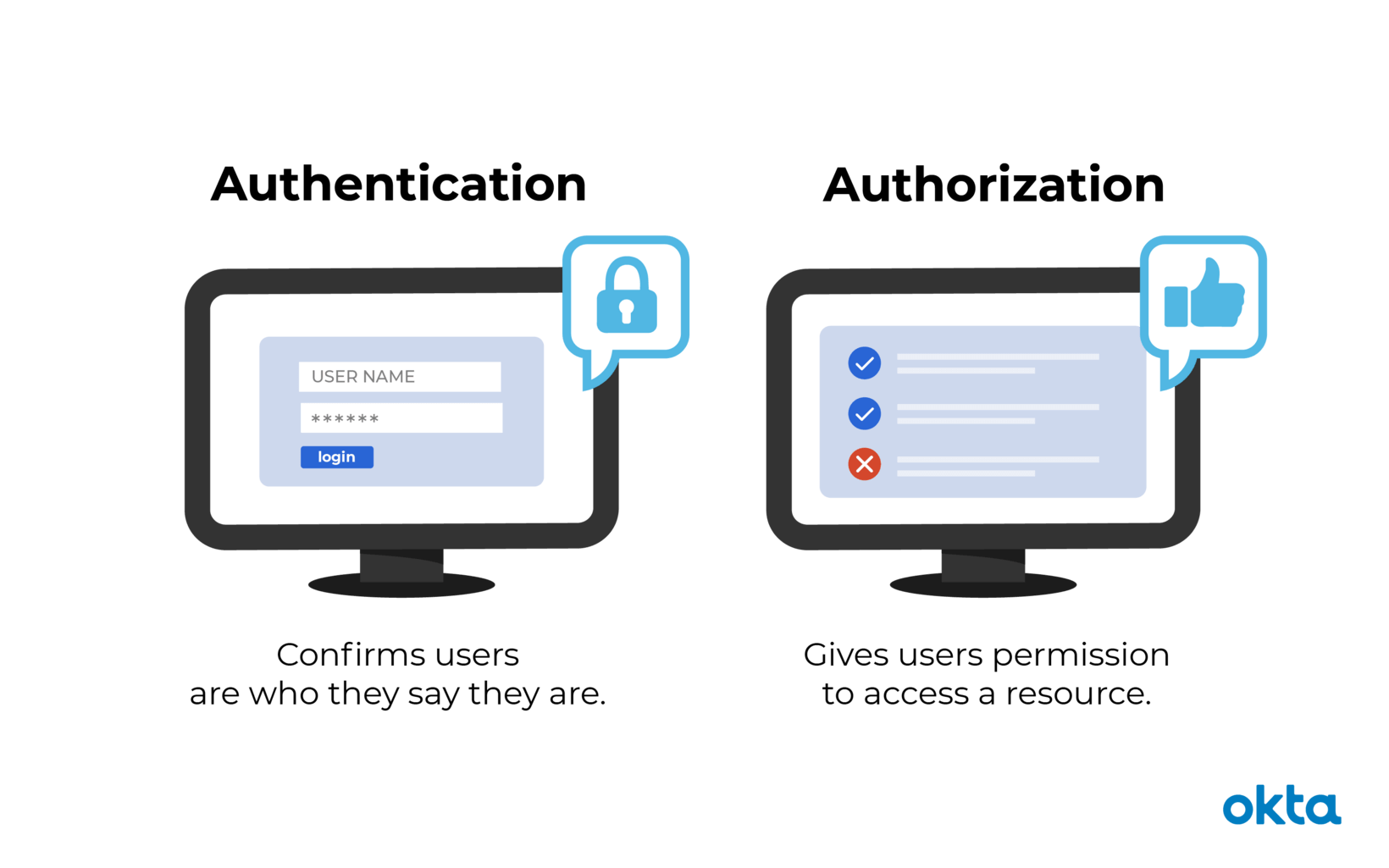3. Iam
What is AWS IAM?
AWS Identity and Access Management (IAM) is a web service that helps you securely control access to AWS resources. With IAM, you can centrally manage permissions that control which AWS resources users can access. You use IAM to control who is authenticated (signed in) and authorized (has permissions) to use resources.
What are authentication and authorization?

Authentication - is the process of verifying who someone is, whereas Authorization - is the process of verifying what specific applications, files, and data a user has access to.
Resources in this AWS Account
Users
groups
Roles
Policies
Identity providers
Users
IAM users represent individual people or entities (such as applications or services) that interact with your AWS resources. Each user has a unique name and security credentials (password or access keys) used for authentication and access control.
groups
IAM groups are collections of users with similar access requirements. Instead of managing permissions for each user individually, you can assign permissions to groups, making it easier to manage access control. Users can be added or removed from groups as needed.
Roles
IAM roles are used to grant temporary access to AWS resources. Roles are typically used by applications or services that need to access AWS resources on behalf of users or other services. Roles have associated policies that define the permissions and actions allowed for the role.
Policies
IAM policies are JSON documents that define permissions. Policies specify the actions that can be performed on AWS resources and the resources to which the actions apply. Policies can be attached to users, groups, or roles to control access. IAM provides both AWS-managed policies (predefined policies maintained by AWS) and customer-managed policies (policies created and managed by you).